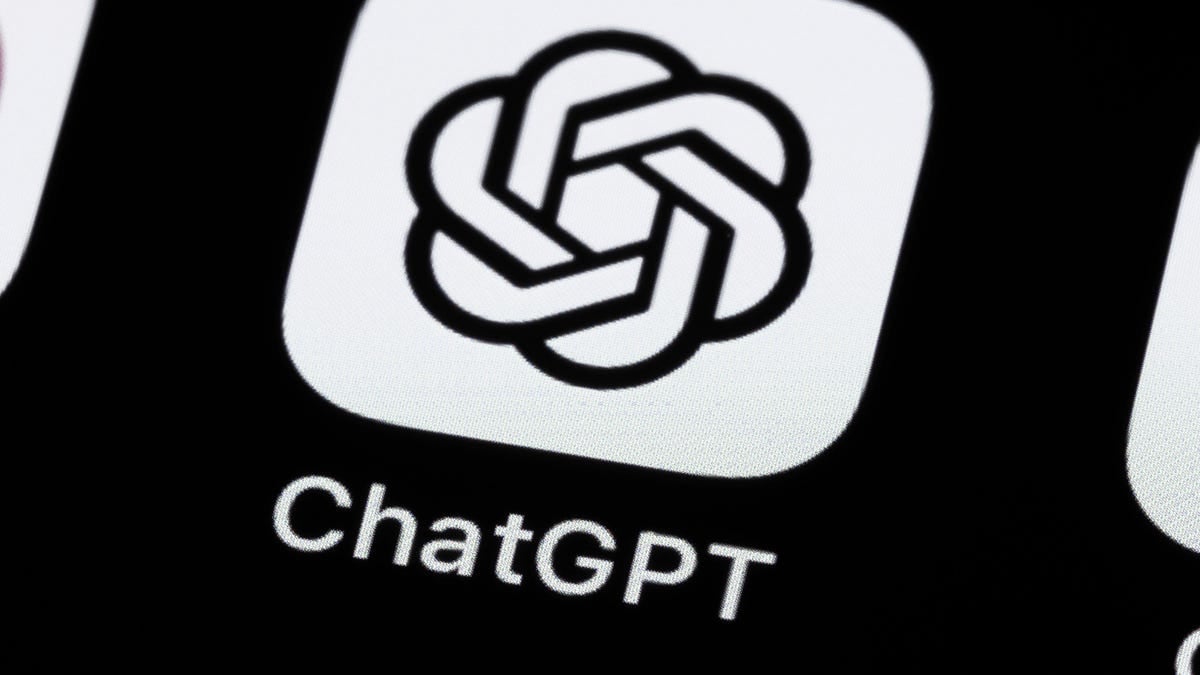- cross-posted to:
- [email protected]
- cross-posted to:
- [email protected]
The research from Purdue University, first spotted by news outlet Futurism, was presented earlier this month at the Computer-Human Interaction Conference in Hawaii and looked at 517 programming questions on Stack Overflow that were then fed to ChatGPT.
“Our analysis shows that 52% of ChatGPT answers contain incorrect information and 77% are verbose,” the new study explained. “Nonetheless, our user study participants still preferred ChatGPT answers 35% of the time due to their comprehensiveness and well-articulated language style.”
Disturbingly, programmers in the study didn’t always catch the mistakes being produced by the AI chatbot.
“However, they also overlooked the misinformation in the ChatGPT answers 39% of the time,” according to the study. “This implies the need to counter misinformation in ChatGPT answers to programming questions and raise awareness of the risks associated with seemingly correct answers.”



I’ve had lots of great experiences with ChatGPT, and I’ve also had it hallucinate things.
I saw someone post an image of a simplified riddle, where ChatGPT tried to solve it as if it were the entire riddle, but it added extra restrictions and have a confusing response. I tried it for myself and got an even better answer.
Prompt (no prior context except saying I have a riddle for it):
Response:
I wish I was witty enough to make this up.
I reproduced that one and so I believe that one is true.
I looked up the whole riddle and see how it got confused.
It happened on 3.5 but not 4.
Interesting! What did 4 say?
Evidently I didn’t save the conversation but I went ahead and entered the exact prompt above into GPT-4. It responded with:
Thanks for sharing!